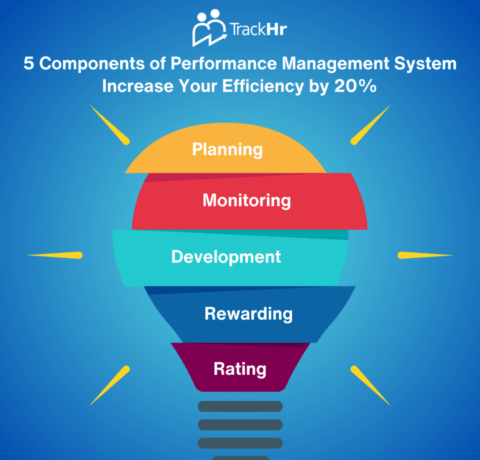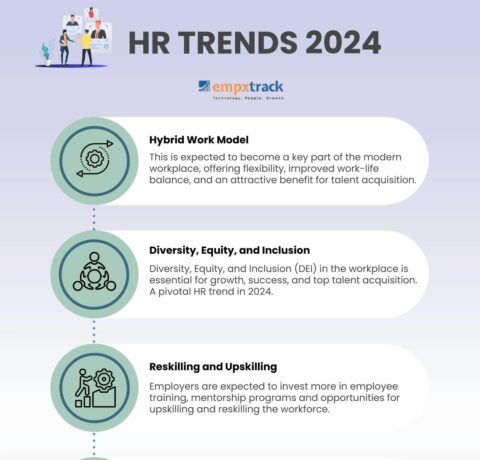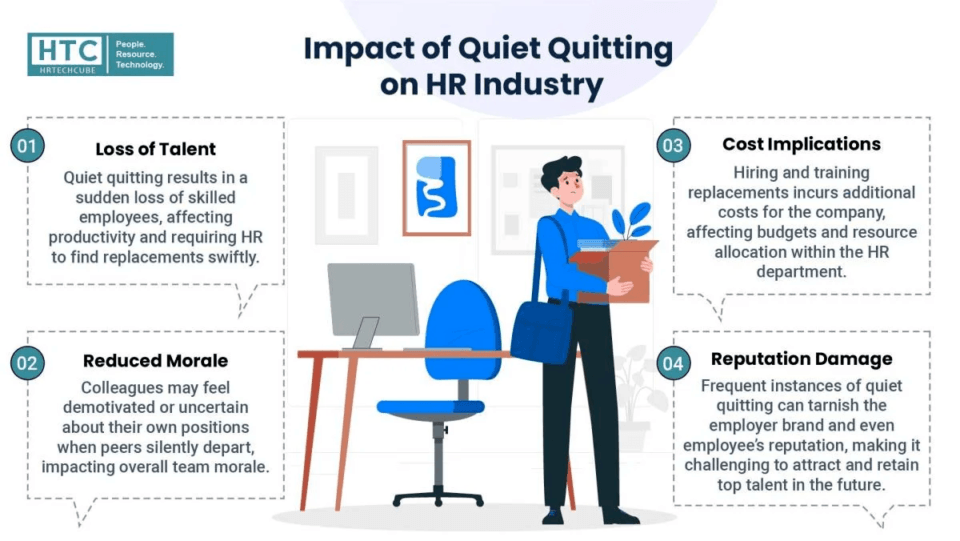Impact Of Quiet Quitting On The HR Industry—Infographic
Quiet quitting is when employees disengage from their jobs mentally and emotionally without overtly expressing their intention to leave. This can have significant implications for the HR industry, as it affects employee retention, productivity, and organizational culture.
Retention Challenges
Quiet quitting can lead to higher turnover rates as employees silently disengage and eventually leave the organization without giving prior notice. HR professionals may struggle to identify and address the underlying issues that are causing employees to disengage, leading to difficulties in retaining top talent.
Productivity Loss
Disengaged employees are less productive and motivated, which can impact overall organizational performance. HR departments may need to invest more resources in performance management and employee engagement initiatives to mitigate the negative effects of this phenomenon on productivity.
Culture And Morale
Quiet quitting can create a toxic work environment characterized by low morale and disengagement among remaining employees. This can damage organizational culture and hinder collaboration and innovation. HR professionals may need to focus on fostering a positive work culture and addressing underlying issues that contribute to employee disengagement.







You can adjust your cookie preferences here.